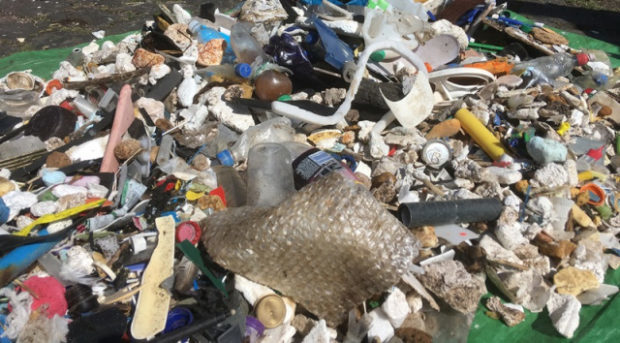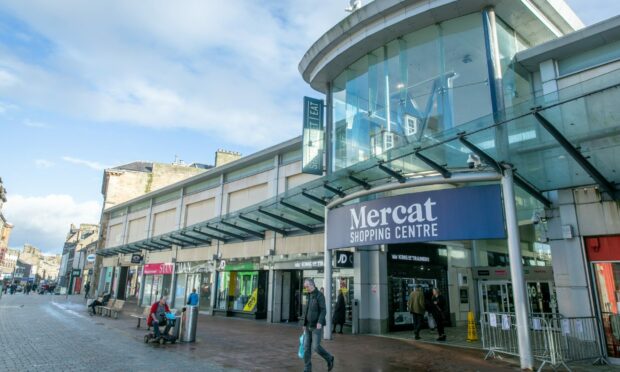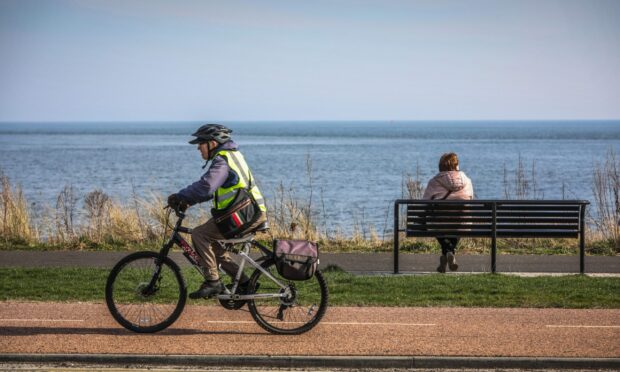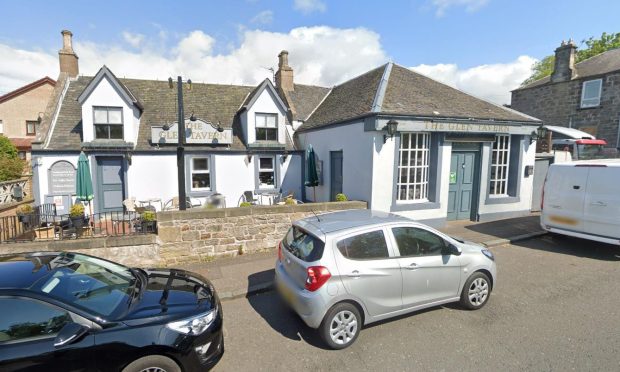A shocking image taken on a Forth island illustrates the scourge of plastic for marine life.
The photograph shows debris collected in just one hour on the Isle of May.
Cotton buds, bottles and more were picked up on the shore of the island off the Fife coast, which is a national nature reserve and home to huge colonies of seabirds and seals.
An estimated 12.7 million tonnes of plastic, ranging from bottles to microbeads, ends up in the world’s oceans every year, choking, strangling and poisoning marine life.
It washes up on shores across the planet, even being found trapped in Arctic ice.
And the picture, shared by the Isle of May’s reserve manager David Steel, shows the impact close to home on an island five miles from Anstruther.
The rubbish was gathered by a team of young people on the Young Birders course, a joint venture between the Scottish Ornithological Club, Scottish Natural Heritage, Centre for Ecology and Hydrology and the Isle of May bird observatory.
David, of Scottish Natural Heritage, highlighted the pollution in his blog about life on the island where scientific study is conducted of the various species of seabirds, including puffins, guillemots and shags.
He said: “In just one hour the team cleaned and removed all the rubbish they could find and as expected, it involved mainly plastics and polystyrene.
“Everything from cigarette lighters to cotton buds — a lot of cotton buds — were picked up but sadly it is only scraping the surface as the next incoming tide will bring even more.
“However, we have done something and will keep on working hard to make a difference.”
A growing awareness of plastic pollution has led to pressure on big corporations from organisations such as Greenpeace to reduce their plastic footprint and stop producing excessive, single-use plastic packaging.
Individuals are also being encouraged to cut down consumption of single-use plastics, such as drinking straws and carrier bags.










